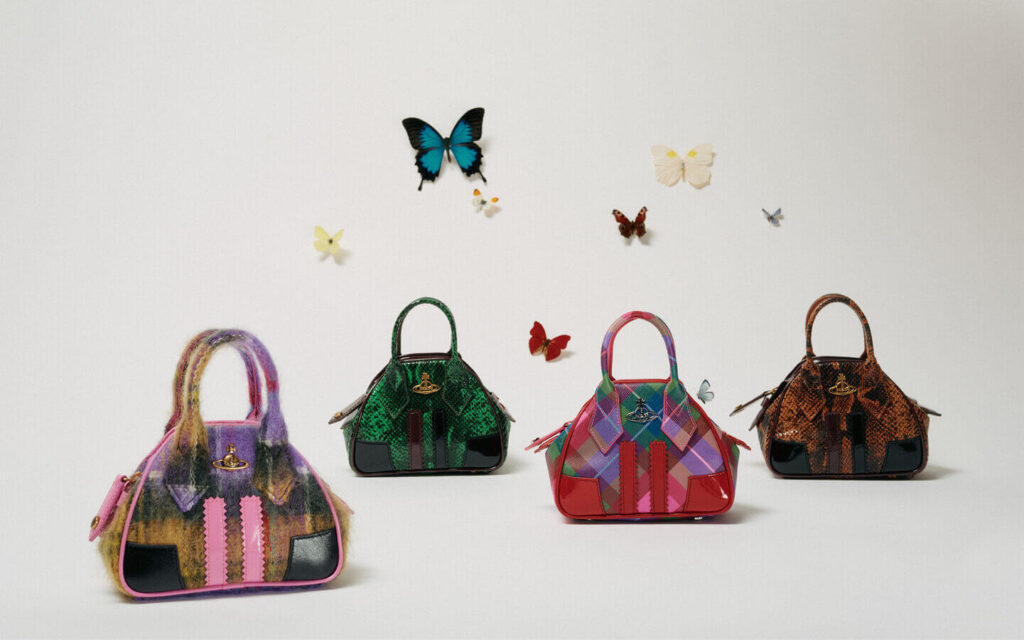
Once a dominant feature of American life, shopping malls have been on a steady decline for the past several decades as shoppers moved away from big box stores in favor of e-commerce.
In the United States, many malls have closed in recent years with upwards of hundreds predicted to shutter in the coming years, according to real estate research companies. Yet Albuquerque has somewhat bucked this trend with several of the city’s malls adding new tenants and continuing new construction — even during the pandemic.
Local real estate experts and mall managers credit adaptability and the ability to focus on consumer needs.
Ben Perich, vice president of the Colliers’ New Mexico retail team, said some of Albuquerque’s malls have adapted to the changing retail scene by diversifying their offerings and moving away from the traditional indoor mall environment.

While there is the move away from indoor malls, Perich said he doesn’t believe the format will disappear entirely, there will just be a need for fewer of them.
“We’re approaching the end of the large indoor enclosed mall,” Perich said. “… I think a large part of that is related to evolving shopping trends, a lot of it’s been driven by the internet.”
Perich said the trend is already playing out in Albuquerque — the Coronado Center in Midtown is nearly full while he said its indoor counterpart, Cottonwood Mall on the West Side, is struggling to attract and retain tenants.
Cottonwood Mall’s management did not respond to requests for an interview.
In the last five years the mall lost two anchor tenants when both Sports Authority and Sears filed for bankruptcy in 2016 and 2018, respectively and closed their Cottonwood locations. The loss of the anchor tenants has resulted in more than 100,000 square feet in space available to lease or purchase, according to listings on the Commercial Association of Realtors New Mexico.
Washington Prime Group, the owner of Cottonwood Mall, also filed for bankruptcy this year.
“It’s probably not fair to call Cottonwood a corpse yet,” Perich said. “… If JCPenney closes, if Dillard’s closes, then it’s definitely a dead mall.”
Perich said the different outcomes are in part due to Coronado embracing nontraditional mall tenants like entertainment options and Cottonwood having to contend with a nearby shopping center full of big-name stores like Costco and Cost Plus World Market.
“(Cottonwood) itself needs to be re-envisioned with a variety of additional uses,” he said.
Town center concept
Perich said that moving forward he believes there will be a continued evolution toward a “town center” design, much like the already existing ABQ Uptown Shopping Center at Louisiana and Indian School.

Across the country, many shopping centers are already beginning to follow the town center or outdoor mall blueprint of higher restaurant ratios, more outdoor events and a move to a live-work space, he said.
Perich said the shift to an outdoor shopping center started around the ’00s and lately there has been a trend towards adding health and wellness components like gyms and medical offices.
“I would say that we’re 20 years into that evolving trend and there’s really no evidence that it’s going to change,” Perich said. “… It’s all just about becoming a little bit more of a livable, walkable environment because that’s what people want.”
Future of Winrock
Much like ABQ Uptown, which Perich pointed to as an example of a retail environment that first brought mixed-use design to Albuquerque and embraced the concept, Winrock Town Center is moving toward becoming a destination center via a live-work-play design.
When Winrock opened in the 1960s as an indoor mall, it was the primary shopping destination for the state, according to Scott Goodman, vice president of Goodman Realty, the mall’s owner. By the mid-2000s, however — when Goodman Realty purchased the center — Winrock was “dying,” Goodman said.

Since purchasing the center, Goodman Realty has converted existing big-box stores on the property to new businesses, like turning the former Toys “R” Us into a Chuze Fitness gym while also adding a variety of retailers with outside access like Ulta Beauty, TJ Maxx and Nordstrom Rack.
Goodman Realty is currently in the process of converting the main mall structure from an indoor mall into a mixed-use outdoor shopping center with a park in the center.
Plans for the center go beyond just retail stores and restaurants.
In the next few years Goodman Realty will add condos, lofts, a hotel and office buildings to the property.
The center is also largely moving away from large footprint anchor stores in favor of larger medical offices like New Mexico Orthopedics and smaller sized retail spaces, according to Goodman.
Goodman said investment into Winrock through redevelopment has been able to create a demand for the center, something he expects will continue as the mall continues to add more mixed-use components.
Coronado adapting
Even Coronado Center, a stalwart indoor mall, has adopted a more mixed-use design by incorporating lifestyle tenants like Round One Entertainment in the former Gordmans space and bringing in more restaurant offerings.
Coronado general manager Randy Sanchez said the mall has intentionally moved towards adding more restaurants and experience-based businesses over the last decade in an attempt to remain relevant with consumers.

Sanchez, who has worked at Coronado for nearly three decades, said in the last decade the mall has undertaken millions of dollars in renovations as it has shifted away from being primarily retail oriented.
Sanchez said these investments and adding tenants based on market research have allowed the mall to continue to be successful.
Coronado is owned and managed by New York-based Brookfield Properties and currently has a lease rate of 98%.
Some of the most notable changes include adding a few large-footprint stores like H&M and Forever 21 while also downsizing anchor tenant Sears and using the additional space to bring in more retailers. Sanchez said the Sears reconstruction allowed the mall to pick up an additional 100,000 square feet of leasable space and add a handful of outside formatted stores like The Container Store, Rusty Taco and Blaze Pizza.

About eight retailers were also added to the interior of the mall with the Sears renovation.
Part of the reinvention of Coronado also involves the addition of restaurants rather than just the food court.
Just 10 years ago, the only restaurant at the shopping center was Fuddruckers, Sanchez said, but now the lineup has gone on to include national chains like The Cheesecake Factory and most recently, high-end Brazilian steakhouse Fogo de Chão.
“They all do well,” he said. “We like to eat here in Albuquerque.”
Sanchez said he expects the next decade to be filled with changes for the center and he could imagine the property densifying and adding a more mixed-use approach similar to its neighbor, Winrock.
“Coronado Center is the big gorilla, if you will, for shopping in the state of New Mexico and we want to continue to be that,” he said.





More Stories
Victims, gunman, and ‘good Samaritan’ who ended massacre ID’d in Indiana mall shooting
Armed citizen at Greenwood mall hailed as hero who saved lives – WISH-TV | Indianapolis News | Indiana Weather
Indiana mall shooting: Live updates